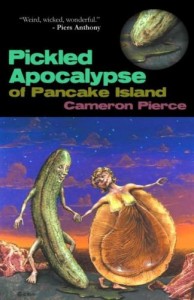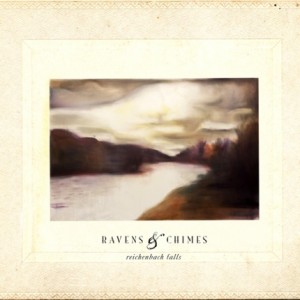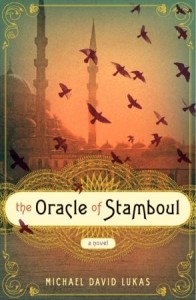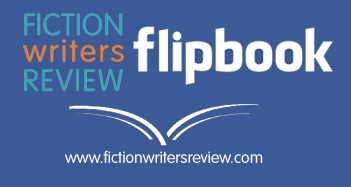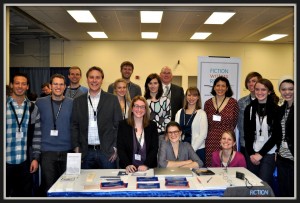Short Story Month 2011: The Collection Giveaway Project
by Lee Thomas
Inspired last year by the Emerging Writers Network—who inaugurated May as Short Story Month in 2007—and the Big Poetry Giveaway for National Poetry Month, Fiction Writers Review is excited to launch our second year of The Collection Giveaway Project: a community effort by lit bloggers to raise attention for short story collections. Warm thanks to FWR Contributing Editor Erika Dreifus, who suggested FWR as a home for this project last year and will not only be participating on her own blog, but will also be helping FWR run the project right here. To participate in Short Story Month 2011: The […]



